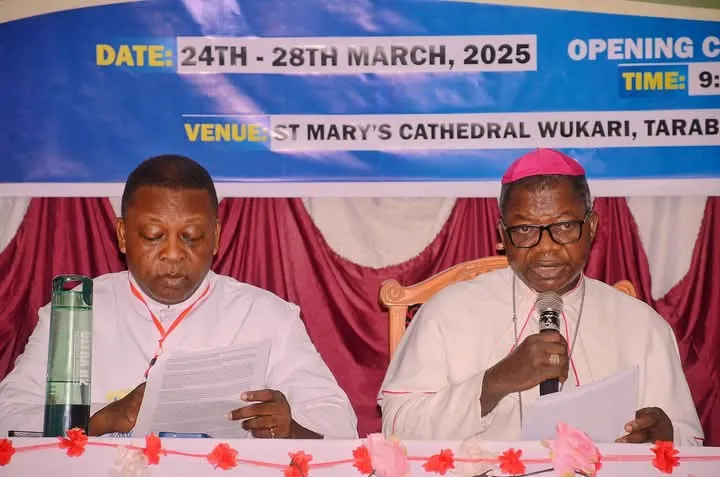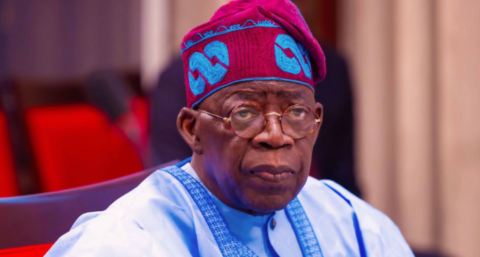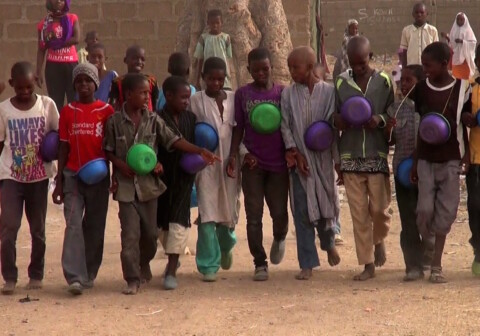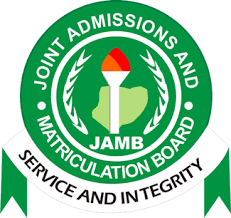The Catholic Diocese of Wukari, Taraba State, has urged Governor Agbu Kefas to introduce Peace Education into the school curriculum at all levels as a strategy to curb the increasing violence across the state. The call was made in a communiqué issued at the end of the Second General Assembly of the Diocese, signed by Bishop Mark Nzukwein and Rev. Fr. Simon Akurega, the Chancellor of the Diocese.
The Church attributed the ongoing security challenges, particularly in southern Taraba, to ignorance and a lack of structured conflict resolution mechanisms. It emphasized that education remains a vital tool in fostering unity and understanding among diverse communities. According to the communiqué, the introduction of Peace Education would not only instill values of tolerance and coexistence but also equip young people with the necessary skills to resolve conflicts through dialogue rather than violence.
As part of its recommendations, the Diocese called on religious groups—including Christians, Muslims, and adherents of African Traditional Religion—to establish interfaith peace committees dedicated to addressing disputes through discussion and mediation. It also proposed the implementation of community-driven peace initiatives, bringing together traditional rulers, youth leaders, and other stakeholders through town hall meetings, peace campaigns, and workshops. These efforts, it argued, would help build trust and promote long-term harmony among the different ethnic and religious groups in the state.
Furthermore, the Diocese stressed the need for the government to uphold justice and ensure fair access to resources for all citizens, stating that economic and social inequalities were at the root of many conflicts. It urged the state government to prioritize the return and resettlement of Internally Displaced Persons (IDPs) who have been forced to flee their homes due to violence. It insisted that ensuring the safety and reintegration of displaced persons would be a crucial step toward sustainable peace in Taraba.
Beyond the issue of security, the Diocese also revisited the longstanding matter of Catholic schools that were taken over by the government. It appealed to Governor Kefas to return these institutions to the Church, emphasizing that Catholic schools were originally established to provide not only academic excellence but also moral and ethical instruction. The communiqué noted that state control of these schools had weakened their ability to deliver holistic education, which blends intellectual growth with character development.
“Catholic schools in Taraba have long been known for their commitment to discipline, academic excellence, and the nurturing of responsible citizens,” the Diocese stated. “However, government management has limited the effectiveness of these institutions in maintaining the high standards that they were founded upon. The return of these schools to the Church will ensure that they continue to provide value-based education that promotes strong moral foundations and critical thinking.”
The communiqué also highlighted the broader contributions of Catholic schools to the state’s education sector, noting that they have historically produced leaders and professionals who contribute positively to society. It urged the government not only to return the schools but also to support their development by upgrading facilities and providing necessary funding.
The Diocese further emphasized that Church-State collaboration in the education sector would be mutually beneficial, as both institutions have a shared responsibility in nurturing future generations. It stressed that faith-based education should not be seen as separate from government efforts but as a complementary force that enhances overall educational outcomes in Taraba State.
In addition to its education-related demands, the Diocese reiterated the importance of social justice and equity in addressing the state’s crisis. It urged the government to take deliberate steps to reintegrate displaced persons and ensure that all citizens, regardless of ethnicity, religion, or socio-economic background, have equal rights and opportunities. It argued that fostering inclusivity and fairness would go a long way in preventing future conflicts and ensuring lasting peace.
As violence and insecurity continue to pose significant challenges in Taraba, the Catholic Diocese of Wukari remains firm in its call for proactive measures that blend education, justice, and community engagement. It expressed hope that the government would take decisive action to address these concerns, reinforcing a commitment to peace, progress, and inclusive development in the state.





